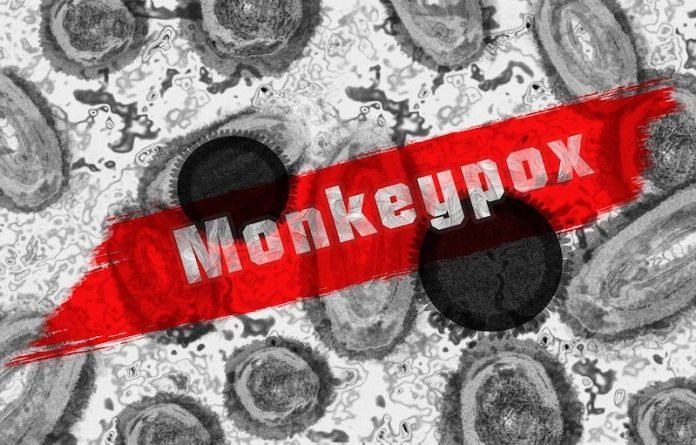
Scientists from the Queen Mary University of London found new clinical symptoms of monkeypox infection, which will aid future diagnosis and help to slow the spread of infection.
The study was carried out in response to the emerging global health threat and is the largest case series to date, reporting on 528 confirmed infections at 43 sites between 27 April and 24 June 2022.
The research is published in The New England Journal of Medicine and was conducted by Chloe Orkin et al.
The current spread of the virus disproportionately affects gay and bisexual men, with 98% of infected persons from this group.
In the study, the team found many of the infected individuals showed symptoms not recognized in current medical definitions of monkeypox.
These symptoms include single genital lesions and sores on the mouth or anus. The clinical symptoms are similar to those of sexually transmitted infections (STIs) and can easily lead to misdiagnosis.
In some people, anal and oral symptoms have led to people being admitted to the hospital for management of pain and difficulties swallowing.
The study will lead to increased rates of diagnosis when persons from at-risk groups present with traditional STI symptoms.
The team says public health measures—such as enhanced testing and education—should be developed and implemented by working with at-risk groups to ensure that they are appropriate, non-stigmatizing, and to avoid messaging that could drive the outbreak underground.
If you care about Monkeypox, please read studies about whether monkeypox is the next COVID-19, and we have vaccines and drugs to treat it.
For more information about Covid, please see recent studies about the key to curing COVID-19, and results showing this drug can offer much-needed COVID-19 protection.
Copyright © 2022 Knowridge Science Report. All rights reserved.



